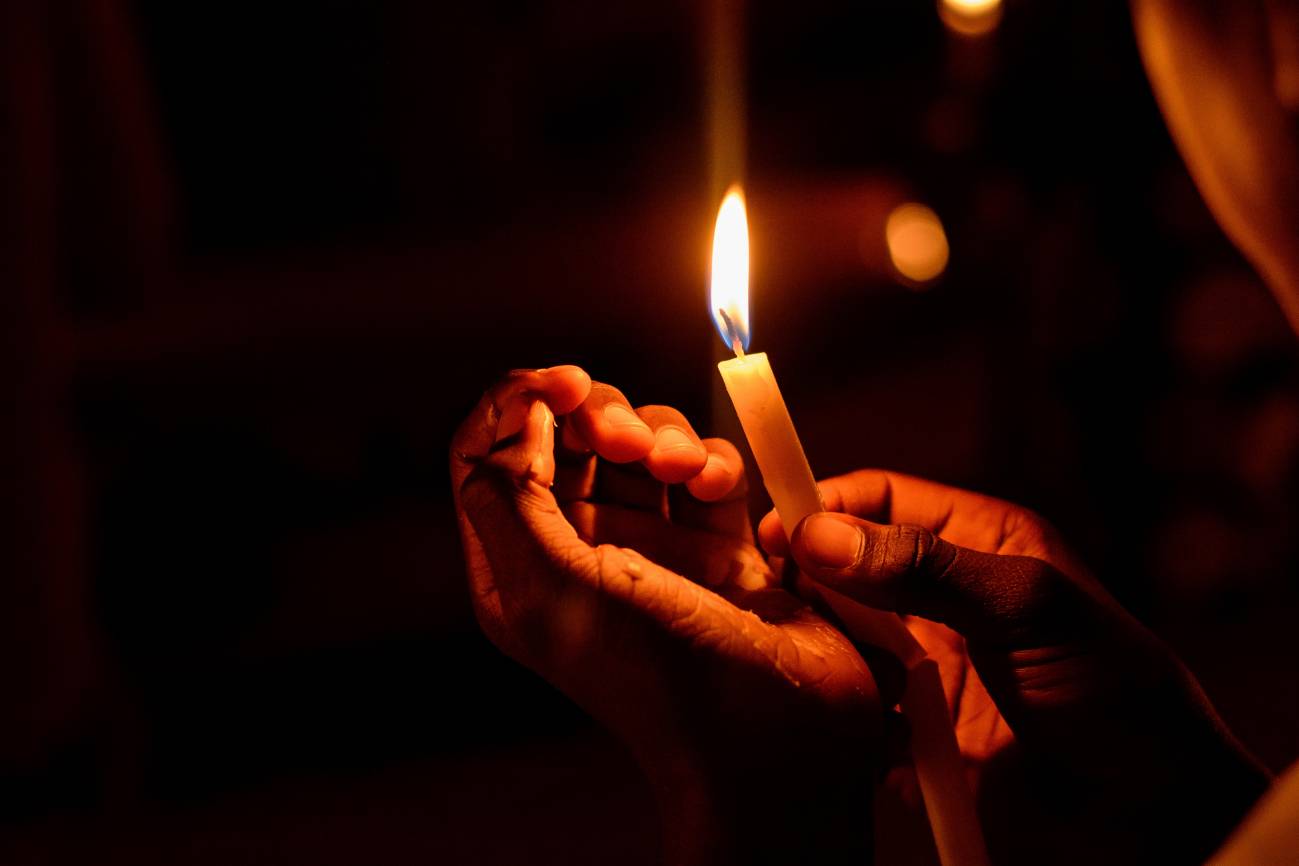Science tries to understand the world; engineering tries to solve problems. They are probably the most powerful tools ever created by humans. For better and for worse. They allow us to go beyond ourselves, as José Antonio Marina would say.
Both are profoundly human approaches to reality, with no intellectual hierarchy between them: one is not worth more than the other. The two are compatible and need each other. But they are not equal, their products are different. They have constructed different philosophical edifices to relate to the world: science to understand it, engineering to act upon it.
The practice of medicine is not a science; it is an engineering of the body, which seeks to solve the problem of curing the patient. The analogy can be the construction of a bridge: what we want to do is to build it from one side to the other, and for this we do not need to understand the molecular basis of the elasticity of concrete. Of course there is medical research and science, but in medical practice - as in construction, as in engineering - a knowledge that solves the problem is enough.
Vaccinology is not a science either. Understanding immune mechanisms lags far behind practice in the design and use of vaccines. This has been the case since the smallpox vaccine. We don't really know why some vaccines work very well and others don't, nor what the ideal time between booster doses is, nor whether it is better to vaccinate everyone or to give several booster doses to the most susceptible.
Vaccines are for many diseases the first and most important line of defense: they prevent deaths and lifelong sequelae; when they do not prevent it, they limit the impact of the infection; they protect the weakest members of the community
But, despite our limited understanding, vaccines are for many diseases the first and most important line of defense: they prevent deaths and lifelong sequelae; when they do not prevent it, they limit the impact of the infection; they protect the weakest members of the community. And all this, also for covid-19.
We do not know, because we understand little. But we do not even know why we understand little. We have accumulated mountains of data on many vaccines, and we use them to make models and try to predict what might work. And in this groping we are, at the edges of what we know - a candle in the dark, Carl Sagan would say - trying to see where to go next. Now, predicting does not mean understanding.
Dulcinea, data and decisions
An operational example -one among thousands- can be found in the curing of ham: we know the optimum conditions for salting, humidity and temperature -Dulcinea had the best hand in La Mancha for salting pigs-, but we do not know very well what happens in the process. Nor, historically, have we needed it to make guijuelos and jabugos.
Another example, statistical this time: the mathematical functions describing the behavior of a set of radioactive atoms tell us that the shroud of Turin is medieval, but observing a single radioactive atom gives us no clue as to when it will decay.
It is also worth remembering that data are necessary, but not sufficient to make an informed decision. The proportion of vaccinated people who may be (re)infected by the omicron variant, or the age of infected people, are data. But we need to transform them into information: obtain them standardized and in large numbers, connect them, cross-reference them, build models with them, make predictions, devise public health interventions. Perhaps propose solutions to the pandemic problem. Then, perhaps, understand.
This pandemic has highlighted how little we understand about the lifestyles of viruses
This pandemic has highlighted how little we understand about the lifestyles of viruses. But it has shown us, above all, that neither science nor engineering alone is capable of understanding the world or of solving a problem in real time when the crisis is global, when local interventions are costly and of limited effect, when decisions have to be made without having all the information.
There will undoubtedly be more crises that we humans will have to deal with in the next thirty years. If we are smart, science and engineering will be part of the solution. If we are not, they will be the alibi to justify bad decisions. Or they will become the scapegoat, guilty of having made it possible for humanity to travel the road to the edge of the precipice.
Ignacio González Bravo is research director at the Laboratory of Infectious Diseases and Vectors: Ecology, Genetics, Evolution and Control (MIVEGEC) of the French National Center for Scientific Research (CNRS).

